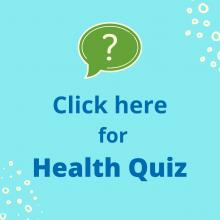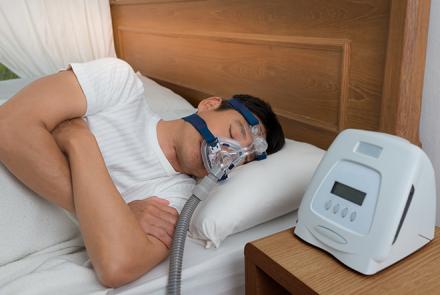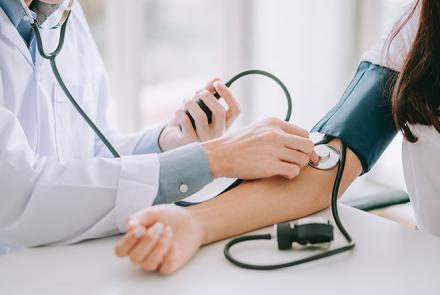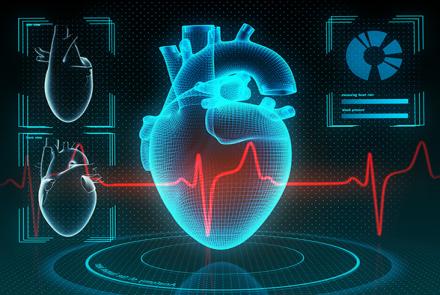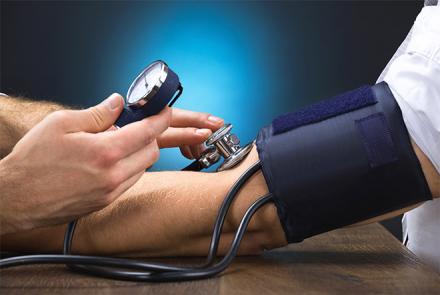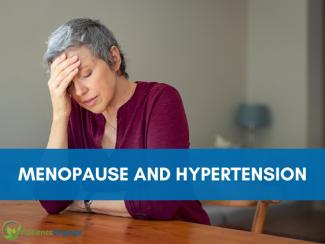
Symptoms of hypertension in women are different from men and often mistaken for menopausal symptoms. Dr. Shital Patel explains the connection between menopause and high blood pressure, and how menopausal women can prevent hypertension.
Women approaching their middle-age may be living with undiagnosed hypertension (high blood pressure). Doctors warn that women may miss out on correct diagnosis because their symptoms are mistaken for menopause.
Women may present with symptoms such as chest pain, headache, fatigue, tiredness, sleep disturbances, night sweats, palpitation, or irregular heartbeats, which are many times wrongly attributed to menopause.
Signs for hypertension are different in men and women and hence missed easily. This disparity in signs is because the aging pattern of the cardiovascular system is different in women and often starts around the same time as menopause.
Symptoms such as palpitation, shortness of breath, chest pain, or exertion during exercise should be evaluated before assuming they relate to menopause.
Chest pain is never a sign of menopause! |
According to the American Heart Association, females account for more than half of deaths resulting from hypertension.Relation between Menopause and Hypertension:
There exists a clear association between onset of menopause (between the ages of 45 and 50) and change in blood pressure. A study done in 2020 established a clear link between menopause at an early age termed ‘premature menopause’ and subsequent increase in blood pressure for women under the age of 40.
As per Blood Pressure UK data, women post menopause have five times higher risk of having a heart attack than before menopause; this is likely due to an increased in blood pressure.
Estrogen, a key female hormone has many beneficial effects for the heart as it keeps blood pressure and cholesterol levels in check. After menopause, the reduced estrogen levels can affect the cardiovascular function. This can cause chest pain and trouble breathing which may be confused as stress or menopausal symptoms.
How can menopausal women prevent their risk for developing hypertension?
- Visit your gynaecologist and talk about all your signs/ symptoms and management options
- Get you blood pressure, lipid profile and blood glucose tested
- Maintain an active lifestyle with regular exercise
- Ensure a healthy diet to avoid excess weight gain due to hormonal changes
- Limit your salt intake
- Quit smoking
- Reduce caffeine and alcohol intake
Issued as part of the public education series by Boehringer Ingelheim India and PatientsEngage
Reference:
Angela HEM Maas et al. Cardiovascular health after menopause transition, pregnancy disorders, and other gynaecologic conditions: a consensus document from European cardiologists, gynaecologists, and endocrinologists. European Heart Journal 2021;42(10):967-84.

